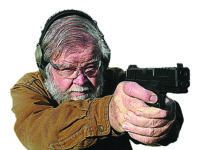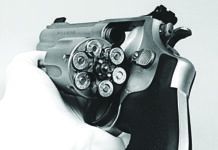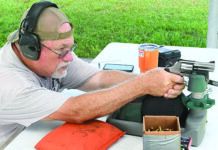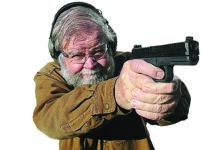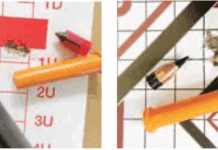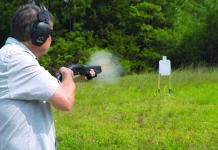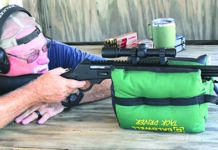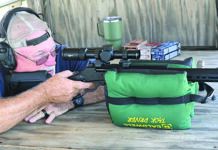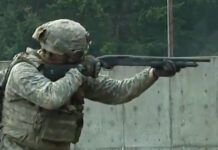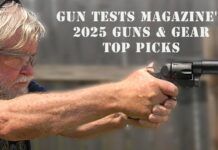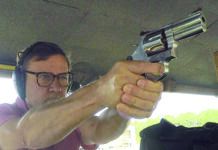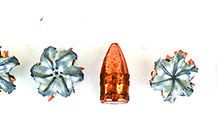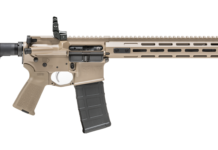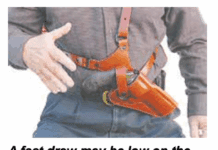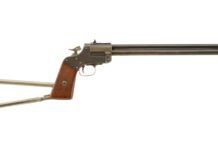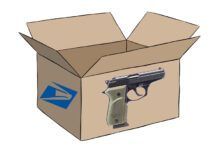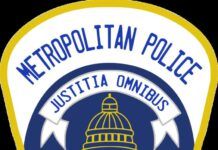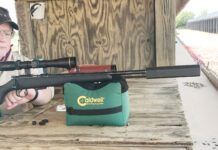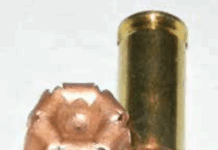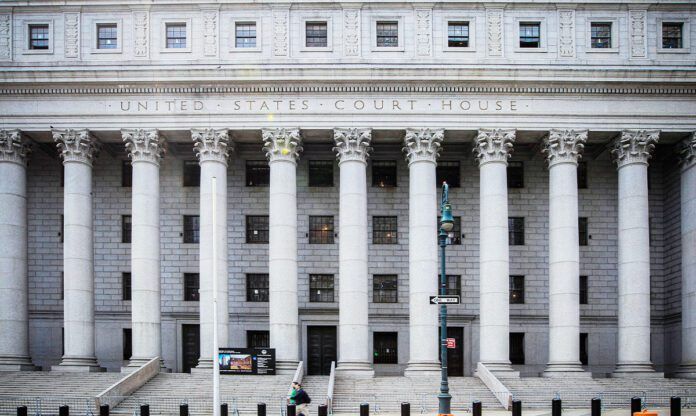The U.S. Court of Appeals for the Second Circuit has ruled against gunowners’ rights in NSSF v. James, a challenge to a New York State statute that circumvents the Protection of Lawful Commerce in Arms Act (PLCAA).
A three-judge panel on the Second Circuit Court of Appeals has upheld the 2021 New York law that imposes civil liability for “gun industry members who knowingly or recklessly endanger the safety or health of the public through their sale or marketing of firearms.”
It’s important to recall that the 2nd Circuit was overruled by the Supreme Court in the 2022 Bruen case.
The Second Circuit said that NSSF, the gun-industry group, did not meet its burden in showing that the law is facially invalid because the court could conceive of some potentially legitimate applications of the law. Judge Dennis Jacobs said NSSF could seek further relief from the law, just that the law is not invalid on its face. Of course, those legal challenges are costly and time consuming, two burdens the federal PLCAA statute was supposed to forestall.
“The Second Circuit’s decision is disappointing. We respectfully disagree with the court’s reasoning to uphold New York’s law. We earnestly believe this law is exactly what Congress had in mind when it passed PLCAA with a bipartisan majority. The PLCAA is designed to prohibit frivolous lawsuits against members of the firearm industry, and we continue to believe the New York statute is intended to evade the will of Congress,” said Lawrence G. Keane, NSSF senior vice president and general counsel.
The Second Circuit ruling held that, on its face, New York’s law falls within PLCAA’s “predicate exception” and is not preempted by federal law, does not exceed the state’s authority to regulate interstate commerce, and is not void for vagueness. New York’s public nuisance statute imposes liability for firearm industry members who know or recklessly endanger the safety or health of the public through the sale or marketing of firearms.
“PLCAA is codification of bedrock tort law. It codifies common law and common-sense principles to prevent baseless litigation from bankrupting an entire industry, especially one that provides the necessary means for the lawful exercise of the Second Amendment,” Keene said.
As Judge Dennis Jacobs explained in a concurring opinion, New York’s law “is nothing short of an attempt to end-run PLCAA.” The statute was signed by then-Gov. Andrew Cuomo, who used his signing statement to tell the public that the law “would ‘right the wrong’ done by PLCAA.” Judge Jacobs added, “New York has now contrived a broad public nuisance statute that applies solely to ‘gun industry members’ and is enforceable by a mob of public and private actors. The intent of Congress when it closes a door is not for States to thus jimmy a window.”
Nevertheless, Judge Jacobs concluded that he was “constrained to agree with my colleagues that, depending on the pleading, this statute could be applied consistent with PLCAA and the Constitution; and under Circuit precedent, that suffices to defeat Appellants’ facial challenge.”
Judge Jacobs also noted that the ruling leaves open certain challenges to the law. Indeed, there are several pending lawsuits brought under New York’s law seeking to hold industry members liable for the criminal actions of remote third parties, and New York Attorney General Letitia James has intervened in one of those cases.
NSSF argued the law is preempted by PLCAA and is so vague as to violate the Due Process Clause of the Fourteenth Amendment.



